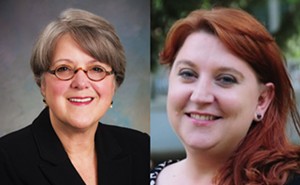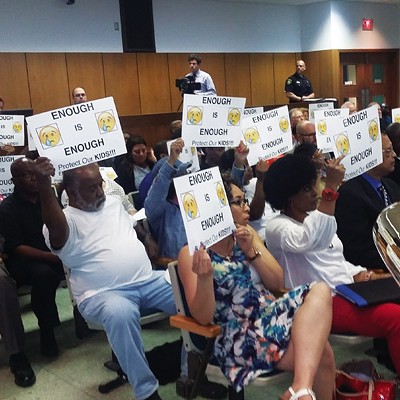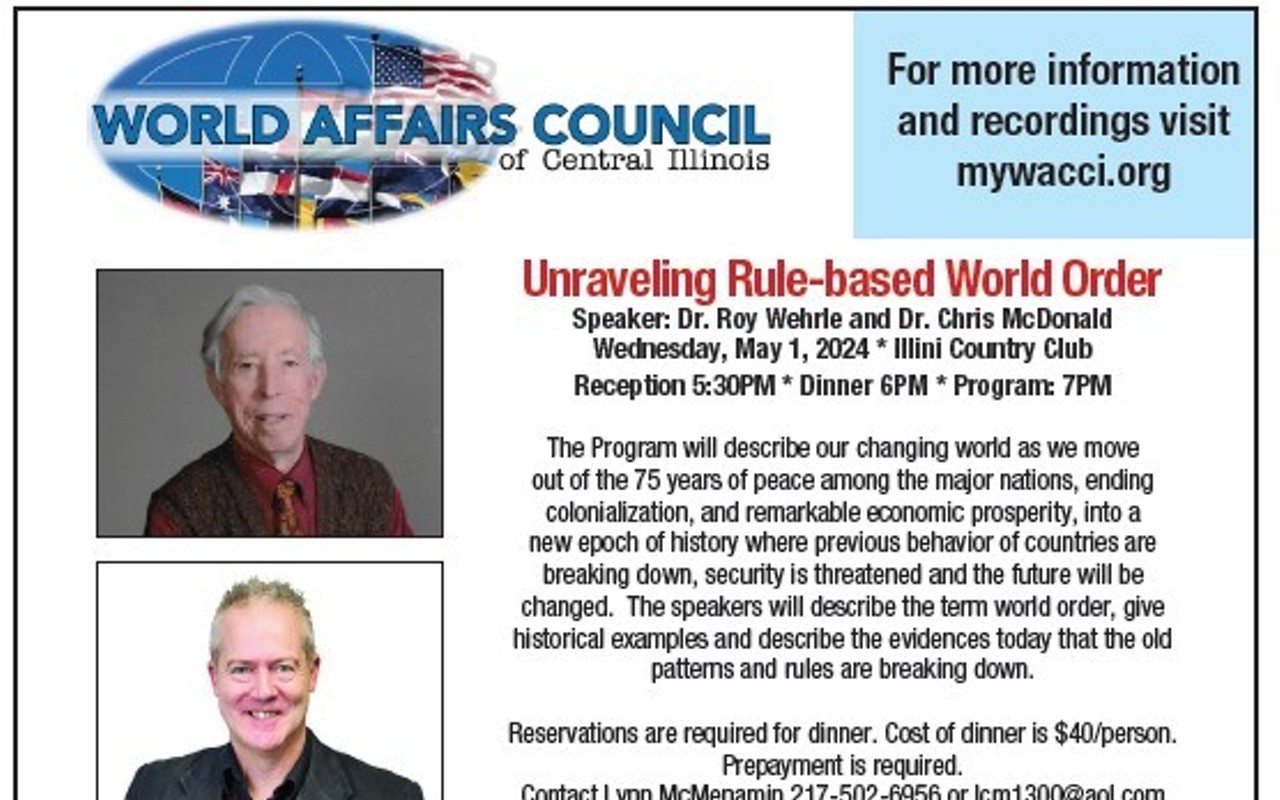
A Springfield school for children with developmental disabilities is making big changes following two incidents of abuse in November 2013.
The Hope Institute for Children and Families was already planning changes before the isolated abuse came to light, and the school is now making improvements that increase efficiency and accountability as it begins accepting new students once again.
Created in 1957 by Dr. Charles Jordan of Springfield, the Hope Institute offers education, health and residential services for children with developmental disabilities. Karen Foley, Hope’s president and CEO, says the school isn’t a warehouse for children with special needs.
“We’re getting these children ready for the world and getting the world ready for these children,” Foley said.
She and her staff began planning an overhaul of Hope in September 2013, before they discovered a former employee – now fired – had physically abused one or more of the students. Details of the incidents have not been released, but the Hope Institute cooperated with an investigation by the Illinois Department of Children and Family Services. A temporary probation and ban on the Hope Institute accepting new students have both been lifted.
Among the changes Hope is making are adding new technology, hiring additional staff and improving training.
The Hope Institute is currently rolling out an electronic records program called Therap, which allows staff to track a student’s health information, individual needs, incident reports and more. The software is mandated in several states for facilities like Hope, and it makes the school operate more efficiently, says Clint Paul, Hope’s chief financial officer.
“It’s going to be great,” Paul said. “It’s going to have everything related to that youth at your fingertips.”
Amanda Brott, chief of residential programming for Hope, says many of Hope’s students come to the school because of aggressive behaviors that could injure themselves or others. To deal with that, Hope is training its employees in Springfield in a behavioral intervention technique called Safety-Care. Brott says the course helps workers recognize cues that a student is edging toward an outburst and offers non-coercive options to diffuse the situation.
“That behavior is a manifestation not of a conduct or a bad kid, but because they have no better way to communicate,” Brott said. “That’s a pretty efficient way of communicating – being aggressive – so we do a lot of intensive behavioral training with our staff on de-escalation and preventative strategies because it’s easier to prevent a behavior than to deal with it once it’s happening.”
Cliff Hathaway, principal of the Hope Institute’s Learning Center, says his goal is for Hope to become a model that other facilities and even parents can emulate.
“What I would like is for people from across the state or the world to be able to come to Hope and pick up techniques and learn from us,” Hathaway said. “We have people from all over the world who call us and say, ‘Can you take our child?’ or ‘What can you do to help our child?’ ”
To that end, Hope’s curriculum is heavy on functional skills that help students operate in a world that is not geared toward their needs or strengths. Skylar Tierney, director of vocational and educational professional development at Hope, is creating relationships with local businesses which are willing to hire people with developmental disabilities. Tierney says opportunities for Hope’s students are expanding past typical janitorial or housekeeping work. For example, Hope has its own restaurant called the Noll Café at the Noll Medical Pavilion, 5220 S. Sixth Street Rd., where students learn cooking and other skills. One student even works in a dental office, greeting clients and preparing equipment.
“It’s amazing how open and how willing these businesses are to work with us,” Tierney said. “The truth is, they just simply don’t know how yet. They’re all about hiring people with disabilities, so they’re saying ‘Help me map this out and walk through this process with us.’ ”
Karen Foley, Hope’s president and CEO, says the ongoing changes amount to a “life cycle change” as the organization evaluates its culture, plan and processes.
“You can have a plan, but you need the processes beneath it to ensure the plan is being followed,” Foley said.
She and her staff hope their efforts at self-improvement give parents confidence in the school.
“Part of what makes a place like Hope work is believing and knowing that there is a plan for your child for the future,” she said.
Superhero Fall Festival, 10 a.m. Sept. 20, 15 Hazel Dell Lane
The Hope Institute’s annual fall festival is Sept. 20, serving as an open house and celebration of the school’s mission. The superhero-themed event offers a petting zoo, food, pumpkin painting, hay rides and more.
Contact Patrick Yeagle at [email protected].



















